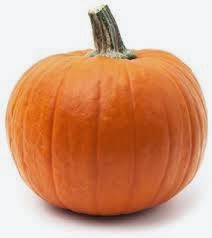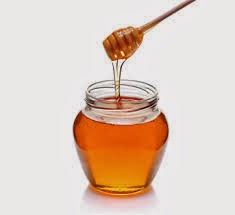Michelle Obama described the
most-tweeted picture ever with the words, "That's my honey giving me a hug."
 |
|
|
What can you see in each picture? Where do people use these words to
show they like someone?


Read on to find out!
A quick guide to the
language of love around the world.
1. Little cabbage
(French) Petit chou
"Chou" (cabbage) is the
French equivalent of "sweetheart". "Chou" conveys the idea
of being small and round and is used to describe French puff pastry. "Chou" is said to resemble a
baby's or child's head too.
2. Pumpkin
(Brazil / Portuguese) Chuchuzinho
"Chuchu" is the word for
"squash" - but strangely similar to the French "chouchou".
The ending "zinho", meaning "little", emphasises fondness.
3. Egg with eyes
(Japanese) Tamago gata no kao
In Japan, women are frequently
called "an egg with eyes" by those who love them. This is a great
compliment, as having an oval, egg-shaped face is considered very attractive in
Japanese culture.
4. Lump of sugar
(Spanish) Terrón de azúcar
Like "honey" in English,
sweet foodstuffs of one kind or another make popular terms of endearment in
numerous languages. This popular one in Spanish, "terrón de azúcar"
also means "sugar cube".
5. Fruit of my
heart (Indonesian) Buah hatiku
Although the term can be used
romantically, featuring in love songs and poems, today it is most often used to
express affection for children. Advertisers use the term to appeal to
family-oriented customers, especially young middle-class couples: "The
best gift/food/product for 'the fruit of your heart'".
6. Gazelle
(Arabic) Ghazal
If you believe the poets, hunters
can die of love-sickness after a single glance from a gazelle. Today too, a man
may say to a woman, "You have the eyes of a gazelle" ("Laki
uyounul ghazal").
7. Little
elephant (Thai)Chang noi
Elephants are special animals to
Thai people. They are supposed to bring good luck. White elephants especially.
"Little elephant" can be used affectionately by an adult to a child.





No hay comentarios:
Publicar un comentario